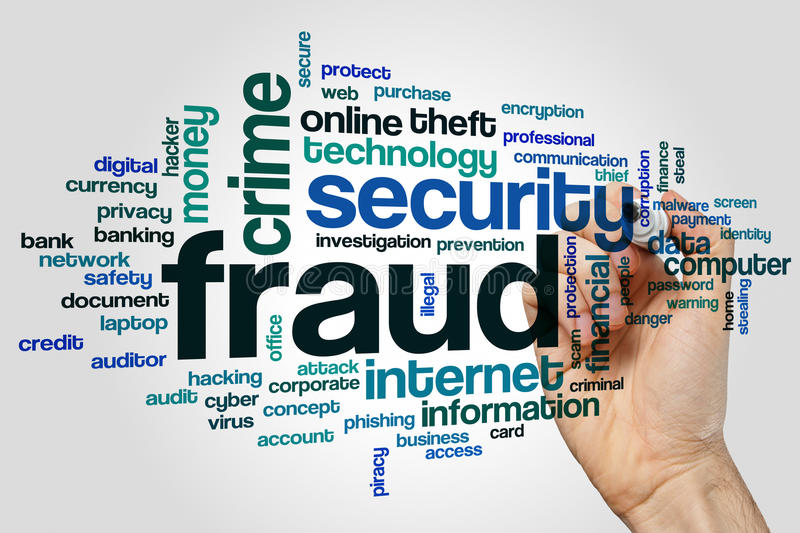Two fraudsters from Rajasthan were detained as a result of an interstate cyber fraud ring being busted by the Economic Offences Wing (EOW) of the Odisha police. According to EOW officials, Mahmud Khan and Munfed Khan were arrested in the Rajasthani city of Alwar's Ramgarh neighbourhood for allegedly defrauding people through OLX, phoney employment, and pornographic movies. They claimed that they had been detained and transported to the state's capital to undergo questioning.
According to officials looking into the case, the duo and its group opened about 2,000 mule accounts across the nation, primarily in Odisha, West Bengal, Bihar, and Assam, and used these accounts to contact victims on the phone in order to commit OLX fraud, job fraud, pishing, nude video call fraud, electrical bill fraud, lottery fraud, etc.

According to the preliminary findings of the investigation, Mahmud received at least Rs 62 lakh through mule accounts that had been erroneously opened with Indian Post Payment Bank (IPPB), Nabarangpur. In addition, the con artists are charged with illegally obtaining SIM cards from various sources and states in order to pull off the scam.
The agency has already detained Anil Khiller from Baisinga in Mayurbhanj, who is suspected of providing SIM to the con artists in Rajasthan. Khiller is charged with obtaining and delivering at least 1,200 SIM cards to these con artists. On the basis of the claim that mule accounts with IPPB have been opened in the names of various people, particularly in Nabarangpur, by giving the impression that account holders would receive financial benefits under various government schemes, a case in this matter was registered.
Five Nabarangpur residents who were aiding the con artists in opening mule accounts had already been detained in connection with the case earlier. According to reports, they admitted that in exchange for a payment of Rs 2,000 per account, they would open mule accounts in the area for fraudsters. The matter is being investigated, according to EOW officials.
Here's how to avoid falling victim to such scams:
- Never ever send money via a QR code delivered through WhatsApp.
- If you phone an unidentified number to place an online order, avoid paying in advance. Whenever you can, go shopping.
- Only ever make purchases from reputable, authorized websites.
- Call 1930 right away and share the transaction details if you still made a mistake and lost money to cybercriminals so that the money can be recovered.
In addition, there are several safety precautions that one might do to prevent such a crime. The following are the precautions:
- Before sending or receiving money, check the buyer's or seller's credentials.
- A buyer or seller that acts hurriedly or urgently is probably a scammer.
- Never open any links or scan any QR codes. Money loss is possible.
- Avoid taking or giving money in advance. It might be a ruse to cheat you.
- To gain trust and confidence, fraudsters use phony identification documents issued by national institutions. Any such attempt should be avoided.
How to identify if a buyer or seller is fake?
- When a buyer pretends to have transferred your money via Google-Pe, Phone-Pe, etc., but the money is really taken from your account.
- The buyer requests that you ship the item before they pay for it or offers phony payment documentation.
- The buyer will request the item without first checking it and will deceive by giving fake payment confirmations, messages, etc.
- Demand for non-cash payment methods: Usually, the buyer is adamant about using a cheque. Note that banks are not liable if cheques bounce.
- The buyer requests personal data such as your ID, bank account information, email address, and debit or credit card number.
How to avoid getting scammed?
1. Verify details of buyer/seller before proceeding to payment.
2. Any individual showing urgency or not waiting for a reasonable amount of time is likely to be a scammer.
3. You should never scan a QR code, share an OTP, or visit a link given by anyone on the internet.
4. Your One Time Password (OTP), UPI pin, and other secret information should not be shared on WhatsApp. Never provide banking information if anyone asks you to and always contact your bank. There is a possibility of fraud here.
5. It is recommended that digital escrow platforms be used for payment. When making an online payment with Escrow, you do not share your financial information with anyone. There is a platform for escrow called Vouch.
Digital Escrow Service In India.
Digital escrow services are offered by many companies in India. Among the most trusted is Vouch.
Vouch’s Digital Escrow service is a transparent way for buyers and sellers to build trust and secure a clean transfer of product and payment. Sellers can feel assured that they will be fairly compensated promptly, and buyers will feel confident that their order will be delivered as expected and on schedule. Vouch Digital Escrow keeps you updated and informed at every step of the transaction process till the end. Vouch’s professionals are always available to assist you with all queries that you may have during the entire transaction process.
There is no scope for deceit or fraud since the payments, shipping, delivery, and execution are carried out under the honest and watchful eyes of the Vouch’s professionals. With Vouch, any business transaction becomes transparent, uncomplicated, and hassle-free.
Check back here to learn more about Escrow and how to protect yourself from fraud.
----------------------------------------------------------------------------------
Safety is not just about protecting your credit, debit card number, and UPI accounts. It's about having control of your money till you've received the product or service you bought online!
As you're now aware of the importance of online safety, let's get your transactions secure on Vouch. It's just a click away.






